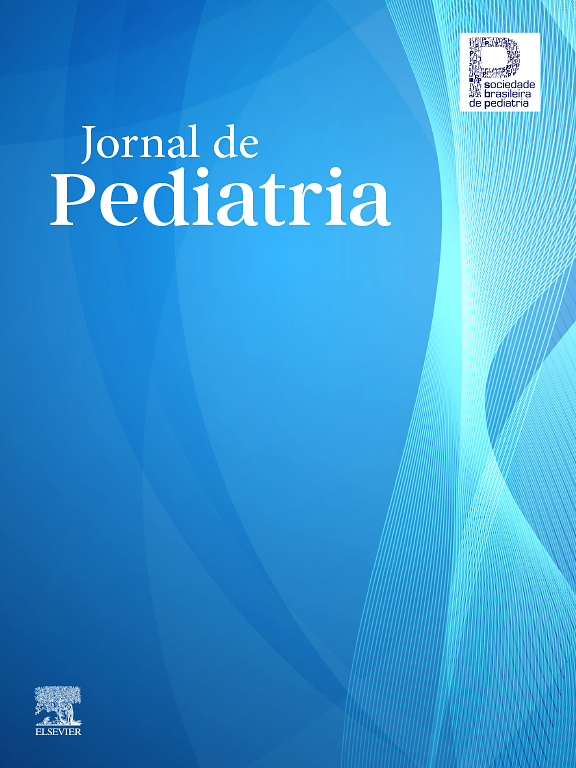A clinical follow up of 165 Down Syndrome (DS) patients in an outpatient clinic programme at the Centro de Genética Médica (IFF - FIOCRUZ) was undertaken retrospectively. Clinical and laboratorial investigations were performed, such as cytogenetics and hematological analysis, thyroid hormones survey, abdominal ultrasound and cervical column X Rays. The clinical diagnosis of Down Syndrome was mostly performed during the first year of life, and 70% of all patients were under 4 years of age, being predominantly males. Trisomy 21 derived from non disjunction was found in 85% of the patients. The most common congenital malformation was cardiopathy (37.5%) and among all the clinical complications, repeated pneumonia could be evidenced in 30% of the patients, mainly during the first year of life. Leukopenia was observed in 14% of the patients and abdominal ultrasound scans allowed the early detection of biliary stones in 4.3% of the patients examined, a significative finding in the paediatric population. A prospective clinical programme aiming to anticipate the detection of clinical complications on at risk DS populations will fulfill its objectives and may act as a reducing factor in the infantile mortality rate.
The Impact Factor measures the average number of citations received in a particular year by papers published in the journal during the two preceding years.
© Clarivate Analytics, Journal Citation Reports 2025
SRJ is a prestige metric based on the idea that not all citations are the same. SJR uses a similar algorithm as the Google page rank; it provides a quantitative and qualitative measure of the journal's impact.
See moreSNIP measures contextual citation impact by wighting citations based on the total number of citations in a subject field.
See more







